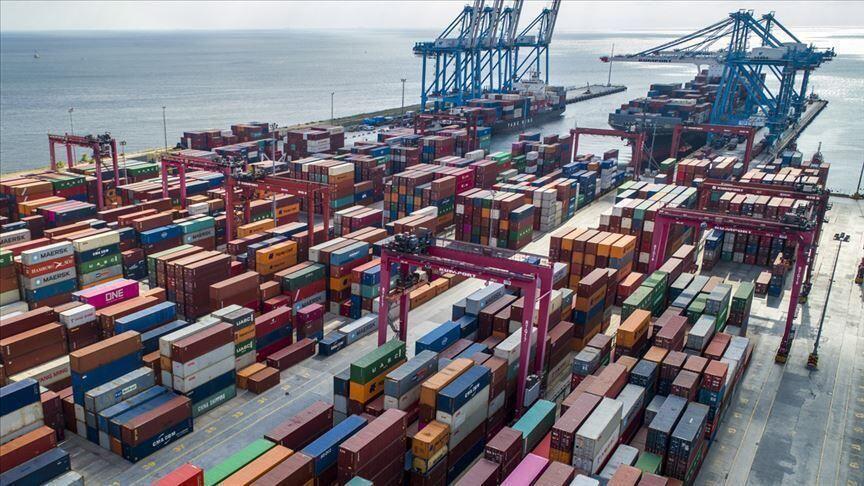
Turkey’s exports and imports increased on an annual basis in February, the trade minister said on March 3.
Turkish exports rose 2.3 percent year-on-year to reach $14.7 billion last month, while imports went up 9.9 percent to hit $17.7 billion in the same period, Ruhsar Pekcan said in a written statement.
The country’s foreign trade volume totaled $32.3 billion in February, marking a 6.43 percent rise compared to the same month of last year, she stressed.
“Despite the weakening in foreign demand, global and regional negativities, uncertainties and risks, the rise in our exports is an important indicator of the dynamism and competitive strength of our exporters in the world,” Pekcan noted.
On Turkey’s economic growth rate of 0.9 percent in 2019, she said that 2.3 points of growth was generated by net exports, posting the most significant contribution.
According to the Turkish Statistical Institute (TÜİK), the country’s gross domestic product (GDP) at current prices stood at 4.28 trillion Turkish liras (some $755 billion) last year.
Pekcan also said that export-import coverage ratio rose to 83 percent in the month.
Germany, Iraq and the U.K. were the top receivers of Turkish exports while the country imported the most from Russia, China and Germany, she added.
In January-February, Turkey’s exports totaled $29.4 billion, rising 4.3 percent on a yearly basis.
Imports also posted an annual rise of 14.4 percent to $36.9 billion in the first two months of this year.
A total of 39,248 Turkish companies exported goods in February, according to the Turkish Exporters’ Assembly (TİM) chair.
“I am pleased to inform you that 1,555 new firms entered our family of exporters in February. These newly exporting firms carried on exports valued $127 million,” said İsmail Gülle.
On a sectoral basis, the exports of Turkish automotive companies totaled $2.5 billion, whereas garment and chemicals sectors followed with $1.5 billion each.